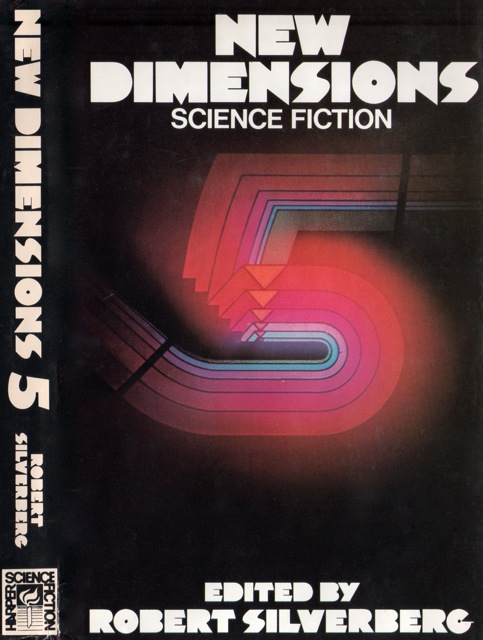Victoria Silverwolf
Vegetarian Werewolf
"Apostle to Alpha" by Betty T. Balke (The Episcopalian, January 1966) -- As you might expect from a story printed in a publication other than an SF magazine, the science part isn't very convincing. There's a planet "Alpha" that can be reached pretty easily from Earth using ordinary rockets. Anyway, this is -- again! -- about a preacher sent to evangelize the aliens, and why it isn't necessary.
"God of the Playback" by Stephen Dentinger (original to this anthology) -- Takes place in a future where all prayer is done by automated machines, so the spirit of religion is lost. Has a sudden, not terribly plausible ending.
"Robot Son" by Robert F. Young (Fantastic Universe, September 1959) -- In the distant future, the "god" in charge of the technology that makes the Earth an eternal pleasant summer suddenly brings back winter, and creates a "son" who demands repentance and worship. Not bad, but the epilogue lays the religious allegory on a little thick.
"That Evening Sun Go Down" by Arthur Sellings (New Worlds, September 1966) -- Starts off with a couple of pages of extremely hard to read, almost Joycean text ("Against all the blue of that rotate I hivelong, sick for three sun, not this moty yellow but so bright soulshadow of one.") Then we find out we're reading an "ancient" text in the far future, and that the humans of that time incorrectly think that they're the descendants of the aliens that came to Earth after human civilization fell. An interesting tale with a touch of New Wave to it.
"The Wolfram Hunters" by Edward D. Hoch (The Saint Mystery Magazine, March 1964) -- Despite appearing in a mystery publication, and having a murder plot, this is a true SF story. After an atomic war, a small number of Apaches seem to be the only survivors. They have forced their one priest into exile, and punish crime with crucifixion.
"God of the Playback" by Stephen Dentinger (original to this anthology) -- Takes place in a future where all prayer is done by automated machines, so the spirit of religion is lost. Has a sudden, not terribly plausible ending.
"Robot Son" by Robert F. Young (Fantastic Universe, September 1959) -- In the distant future, the "god" in charge of the technology that makes the Earth an eternal pleasant summer suddenly brings back winter, and creates a "son" who demands repentance and worship. Not bad, but the epilogue lays the religious allegory on a little thick.
"That Evening Sun Go Down" by Arthur Sellings (New Worlds, September 1966) -- Starts off with a couple of pages of extremely hard to read, almost Joycean text ("Against all the blue of that rotate I hivelong, sick for three sun, not this moty yellow but so bright soulshadow of one.") Then we find out we're reading an "ancient" text in the far future, and that the humans of that time incorrectly think that they're the descendants of the aliens that came to Earth after human civilization fell. An interesting tale with a touch of New Wave to it.
"The Wolfram Hunters" by Edward D. Hoch (The Saint Mystery Magazine, March 1964) -- Despite appearing in a mystery publication, and having a murder plot, this is a true SF story. After an atomic war, a small number of Apaches seem to be the only survivors. They have forced their one priest into exile, and punish crime with crucifixion.




